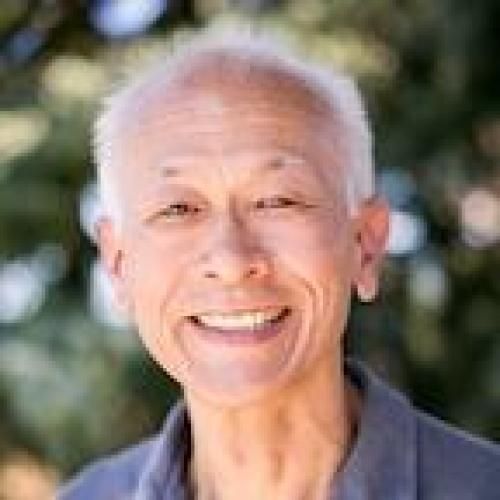Constructive Skepticism in the Zhuangzi
In this essay I further develop an interpretation of the Zhuangzi 莊子 as an enactment of “constructive skepticism” (previously articulated in Wong 2005, 2009, 2017). This is not a declarative skepticism that makes a claim about the state of human knowledge or the lack of it, such as the claim that there is no knowledge or that nothing of importance can be known. It is a stance questioning claims made by others or by oneself to be in possession of knowledge. By saying the text is an “enactment” of constructive skepticism, I mean that it interrogates claims to know and of the human pretense to knowledge in general, but that it does not deny we have any knowledge. This interrogation is constructive because is intended to get the audience to look in the world for what is not revealed in what it purportedly “knows.” Construing the Zhuangzi’s skepticism as constructive in this way helps to reconcile it with the positive claims about the nature of the world and how to live that are also made in the text.

